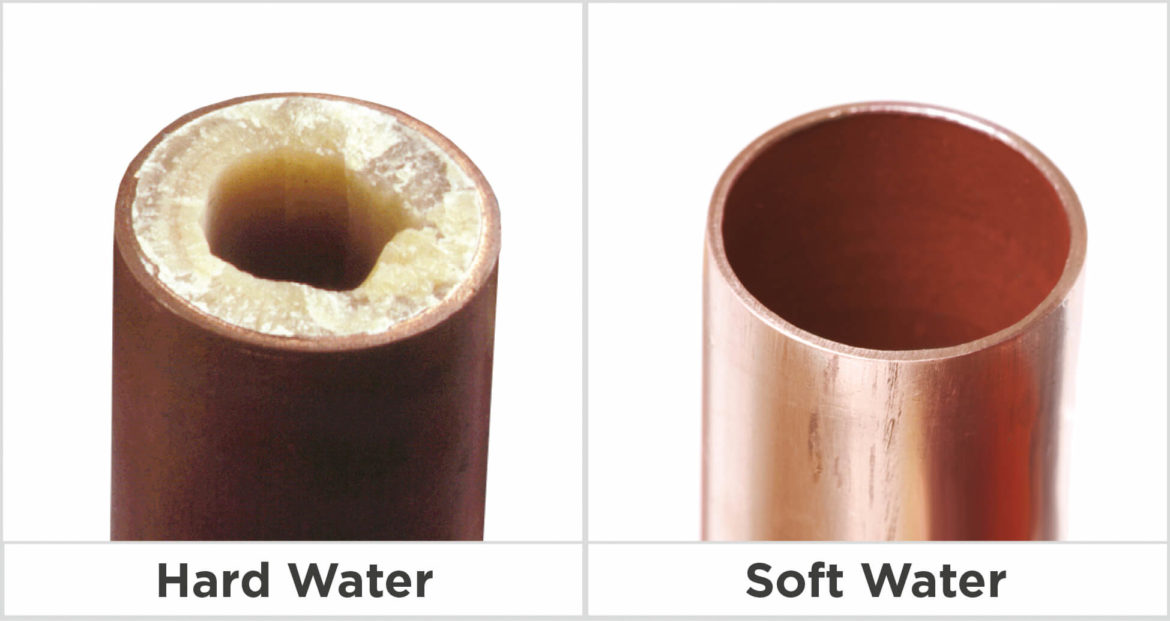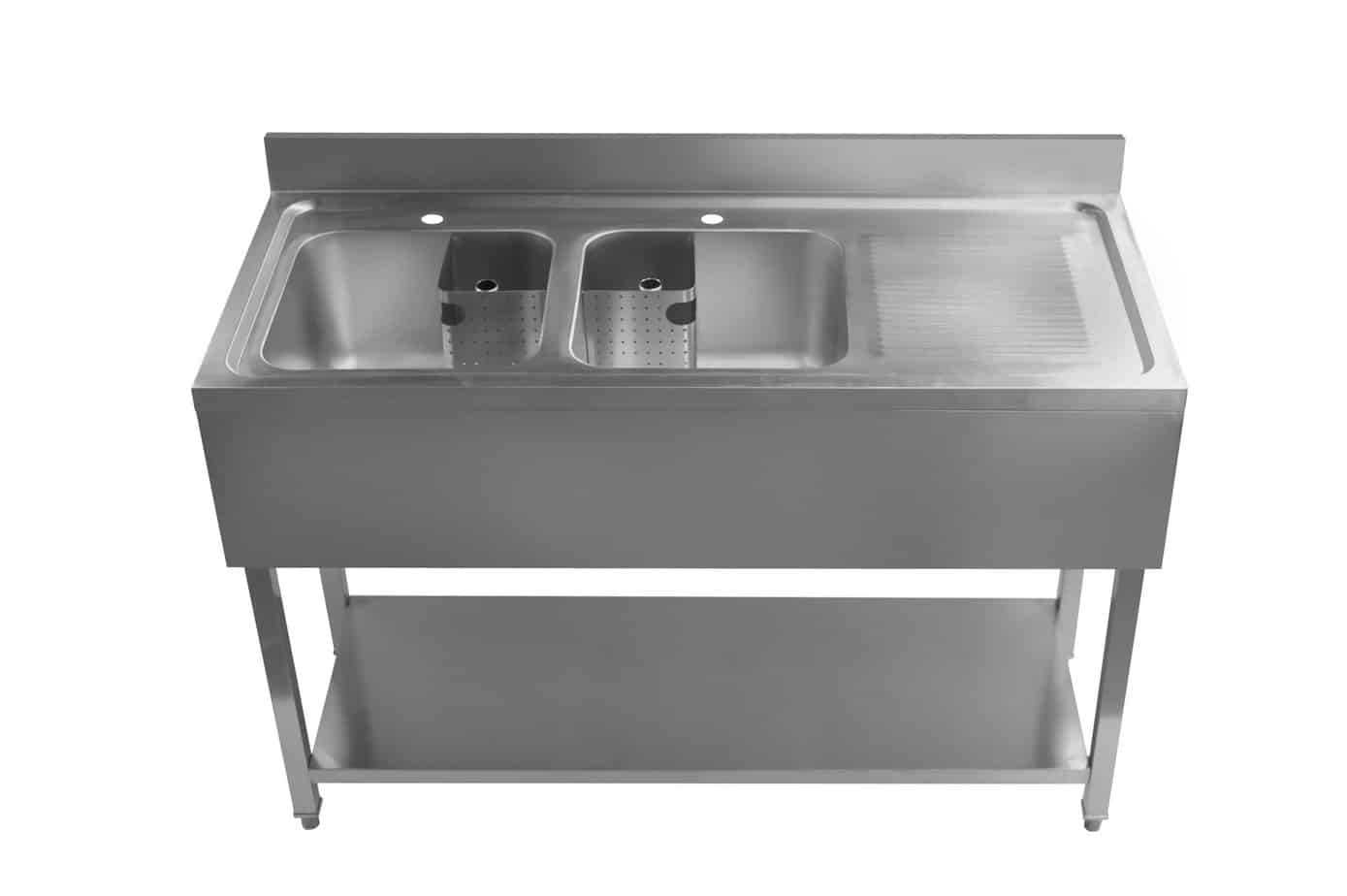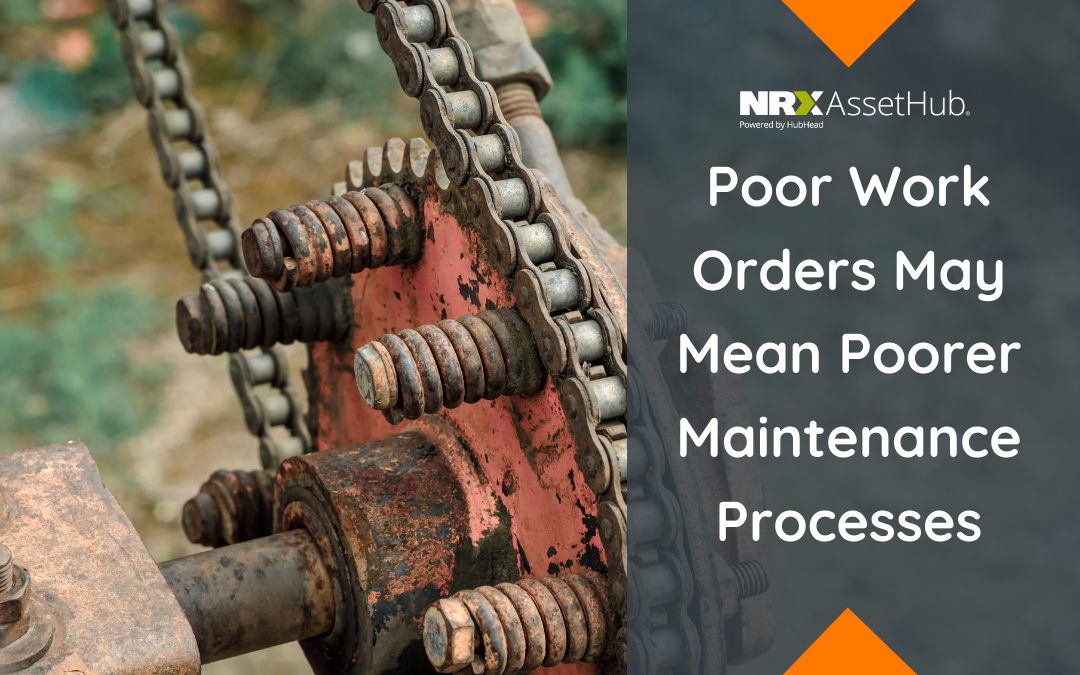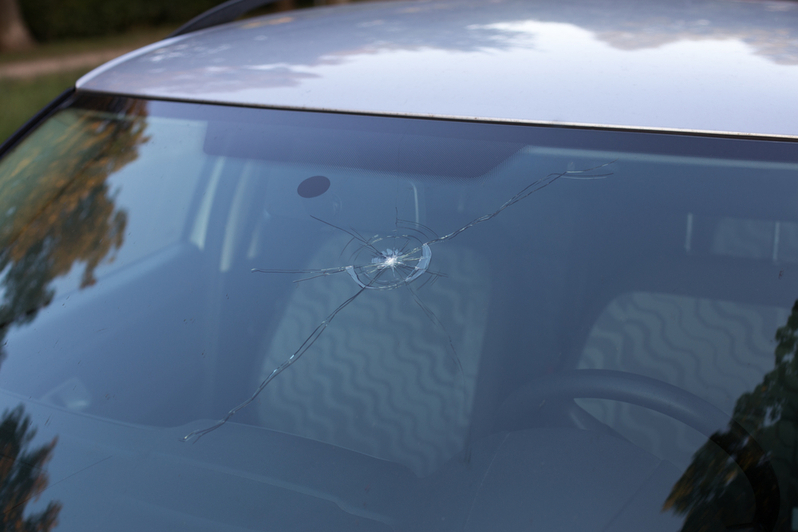One of the most common ways a kitchen sink can break is due to clogged drains. Over time, food particles, grease, and other debris can build up in your pipes, causing blockages and putting strain on your sink. This can lead to cracks, leaks, and even complete breakage if not addressed quickly.1. Clogged Drains
Cracked pipes are another common culprit when it comes to kitchen sink breakage. These cracks can occur from a variety of reasons, such as age, excessive weight, or even impact damage. When pipes crack, it can cause leaks and damage to your sink, cabinets, and surrounding areas.2. Cracked Pipes
If you're someone who tends to pile dishes and heavy pots and pans into your sink, you may be unknowingly putting excessive weight on your sink. Over time, this can cause your sink to weaken and eventually break. It's important to distribute weight evenly in your sink and avoid putting too much strain on it.3. Excessive Weight
Corrosion is another common issue that can cause kitchen sink breakage. This is especially true for sinks that are made of metal, as they are more susceptible to rust and corrosion over time. If not properly maintained, this can lead to weakened areas in your sink and eventually cause it to break.4. Corrosion
Another factor that can lead to kitchen sink breakage is improper installation. If your sink is not properly secured to your countertop or the pipes are not connected correctly, it can cause strain and lead to cracks and breaks. It's important to have a professional install your sink to ensure it is done correctly.5. Improper Installation
Hard water contains high levels of minerals such as calcium and magnesium, which can leave behind a buildup of residue on your sink over time. This can cause discoloration and can also weaken the structure of your sink, making it more prone to breakage.6. Hard Water Buildup
Accidents happen, and sometimes a heavy object or even a person can accidentally hit or drop something onto your kitchen sink. This impact can cause cracks and breaks, especially if your sink is made of a weaker material such as ceramic or porcelain.7. Impact Damage
Extreme and sudden changes in temperature can also cause kitchen sink breakage. This is especially true for sinks that are made of materials such as granite or marble, which can expand and contract with temperature changes. Over time, this can weaken the structure of your sink and lead to cracks and breaks.8. Temperature Changes
Like anything else in your home, your kitchen sink has a lifespan. If your sink is old and has been through years of wear and tear, it may be more prone to breakage. As sinks age, they may become weaker and more susceptible to cracks and leaks.9. Age of Sink
Last but not least, poor maintenance can also lead to kitchen sink breakage. If you neglect to clean your sink regularly or fail to address any issues such as clogs or leaks, it can cause damage and weaken the structure of your sink over time. It's important to properly maintain your sink to prevent any potential breakage.10. Poor Maintenance
Why Proper Maintenance is Key to Avoiding Kitchen Sink Breaks

Invest in Regular Cleaning and Inspections
 When it comes to the kitchen, the sink is one of the most frequently used fixtures. From washing dishes to food preparation, the sink is an essential part of any kitchen. However, with constant use, it's no surprise that kitchen sinks are prone to breaking. To avoid the hassle and cost of repairing or replacing a broken sink, it's important to invest in proper maintenance.
Regular cleaning and inspections
are crucial in preventing kitchen sink breaks. Food particles, grease, and other debris can build up in the sink and its pipes, causing clogs and potentially damaging the sink's structure. By
cleaning your sink regularly
, you can prevent these issues and keep your sink in good condition. Additionally, it's important to
inspect your sink and its pipes
for any signs of wear and tear. Look out for cracks, leaks, and rust, as these can all indicate a potential break in the future.
When it comes to the kitchen, the sink is one of the most frequently used fixtures. From washing dishes to food preparation, the sink is an essential part of any kitchen. However, with constant use, it's no surprise that kitchen sinks are prone to breaking. To avoid the hassle and cost of repairing or replacing a broken sink, it's important to invest in proper maintenance.
Regular cleaning and inspections
are crucial in preventing kitchen sink breaks. Food particles, grease, and other debris can build up in the sink and its pipes, causing clogs and potentially damaging the sink's structure. By
cleaning your sink regularly
, you can prevent these issues and keep your sink in good condition. Additionally, it's important to
inspect your sink and its pipes
for any signs of wear and tear. Look out for cracks, leaks, and rust, as these can all indicate a potential break in the future.
Be Mindful of What Goes Down the Drain
 Another common cause of kitchen sink breaks is putting the wrong things down the drain. While it may seem convenient to wash away food scraps or pour grease down the sink, these can actually cause serious damage. Food scraps can accumulate and cause clogs, while grease can solidify and create blockages in the pipes.
Be mindful of what goes down your kitchen sink
and avoid putting anything other than water and small amounts of soap down the drain.
Another common cause of kitchen sink breaks is putting the wrong things down the drain. While it may seem convenient to wash away food scraps or pour grease down the sink, these can actually cause serious damage. Food scraps can accumulate and cause clogs, while grease can solidify and create blockages in the pipes.
Be mindful of what goes down your kitchen sink
and avoid putting anything other than water and small amounts of soap down the drain.
Handle With Care
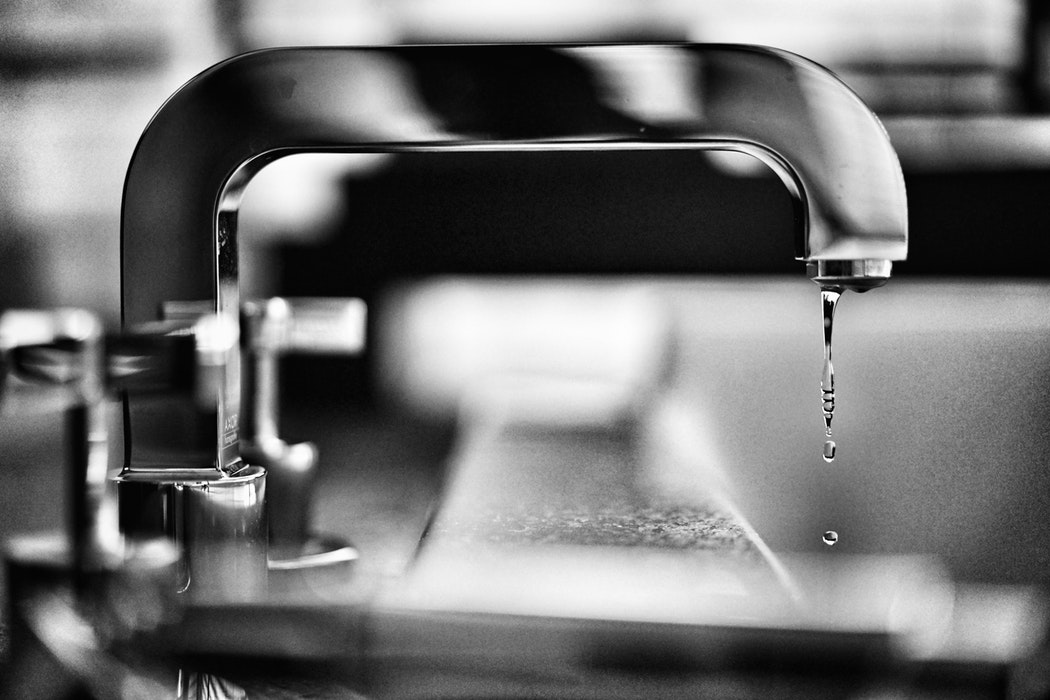 Lastly, it's important to
handle your kitchen sink with care
. Many people make the mistake of using their sink as a cutting board or placing heavy pots and pans directly on top of it. This can put unnecessary strain on the sink and its pipes, causing them to weaken and eventually break.
Use a cutting board
for food preparation and
avoid placing heavy objects
directly on the sink. This simple precaution can go a long way in preventing kitchen sink breaks.
In conclusion, while kitchen sink breaks may seem like a common occurrence, they can actually be avoided with proper maintenance. Remember to invest in
regular cleaning and inspections
, be mindful of what goes down the drain, and handle your sink with care. By following these tips, you can keep your kitchen sink in good condition and avoid any unexpected breaks that may disrupt your daily routine.
Lastly, it's important to
handle your kitchen sink with care
. Many people make the mistake of using their sink as a cutting board or placing heavy pots and pans directly on top of it. This can put unnecessary strain on the sink and its pipes, causing them to weaken and eventually break.
Use a cutting board
for food preparation and
avoid placing heavy objects
directly on the sink. This simple precaution can go a long way in preventing kitchen sink breaks.
In conclusion, while kitchen sink breaks may seem like a common occurrence, they can actually be avoided with proper maintenance. Remember to invest in
regular cleaning and inspections
, be mindful of what goes down the drain, and handle your sink with care. By following these tips, you can keep your kitchen sink in good condition and avoid any unexpected breaks that may disrupt your daily routine.

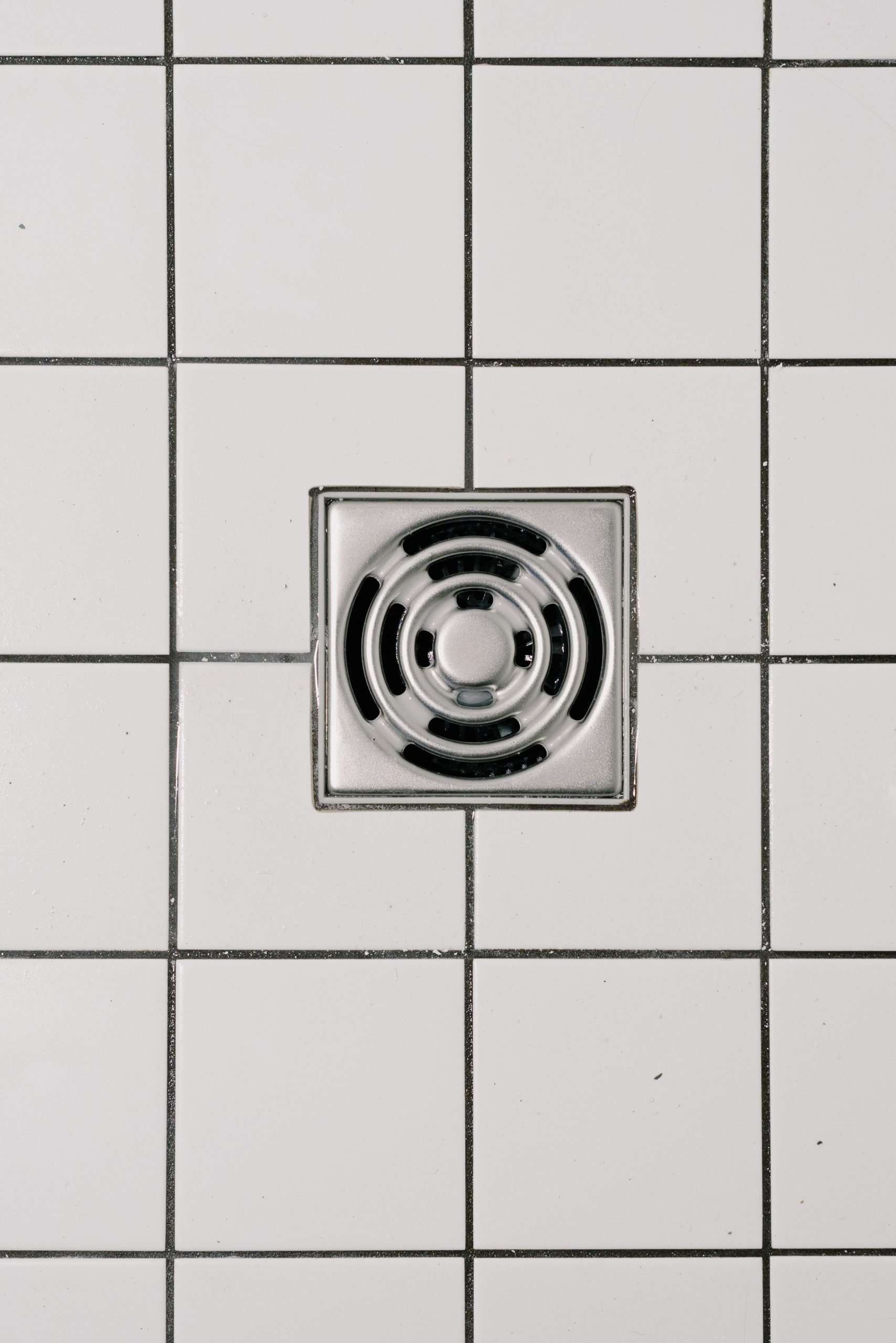




/signs-of-a-sewer-drain-clog-2718943_FINAL-7306dab348804135897b63a4411cdfdf.png)
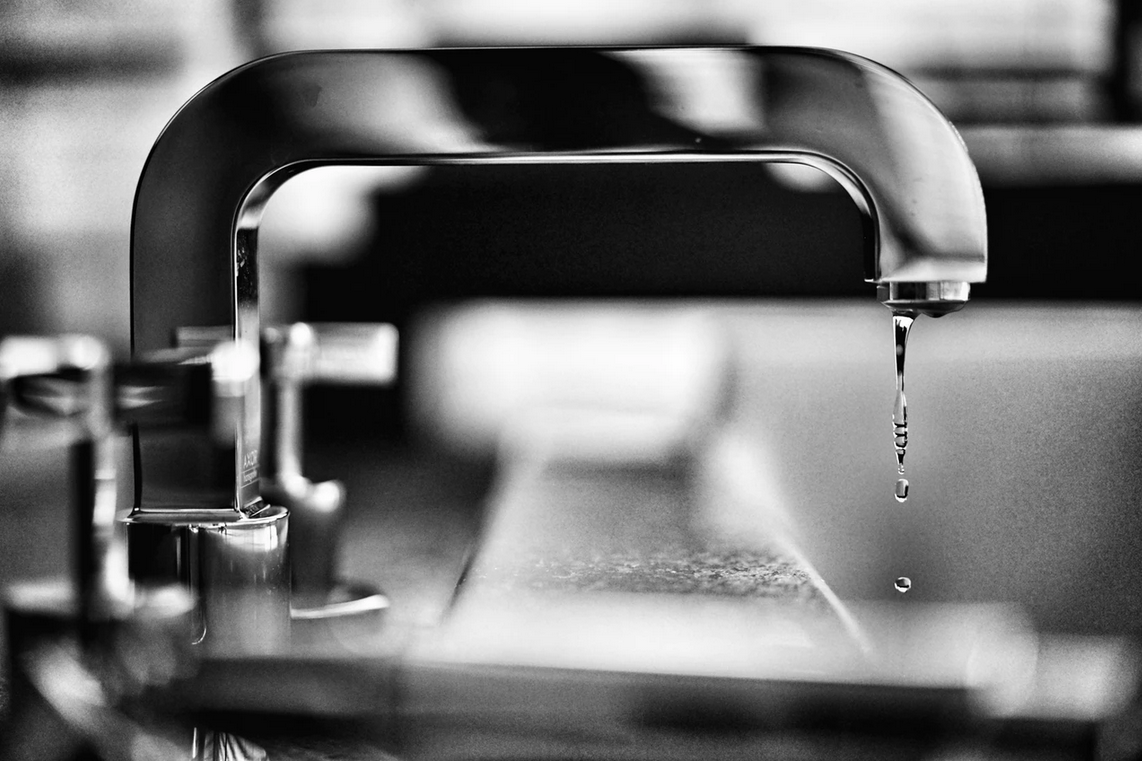

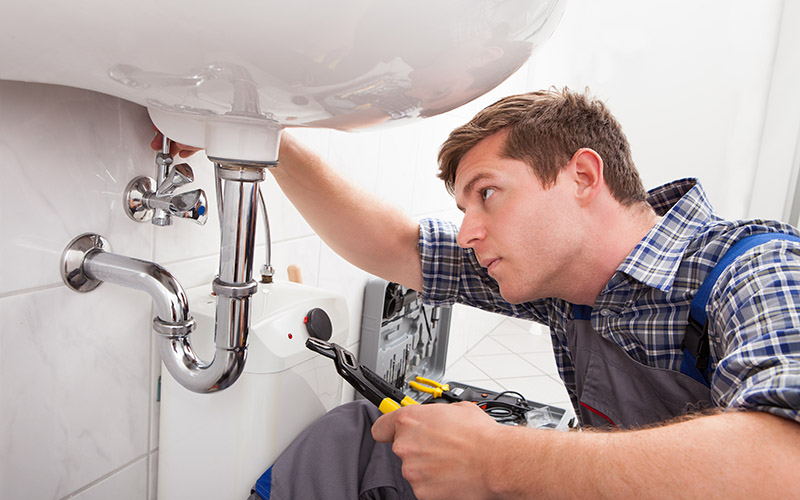


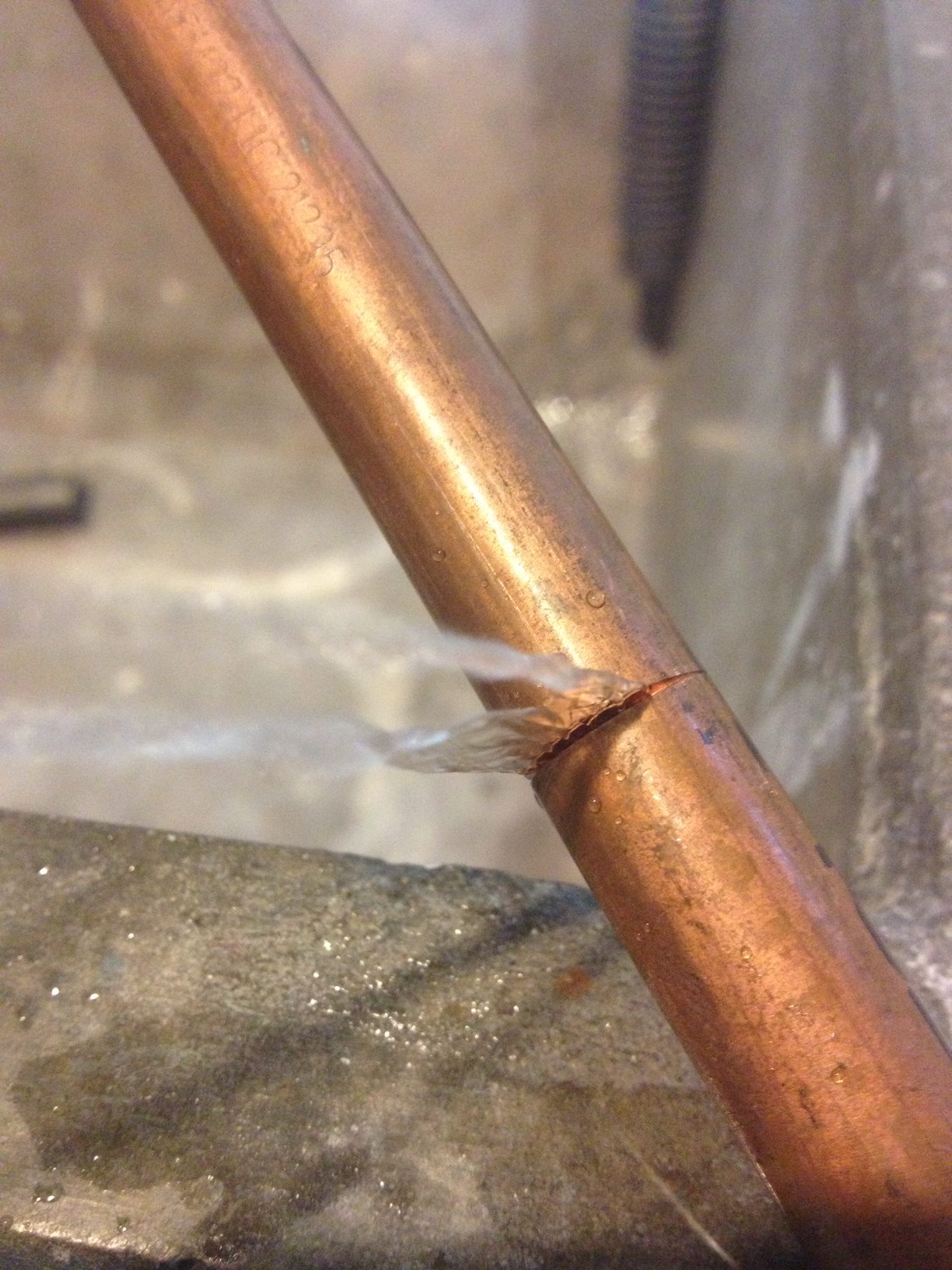



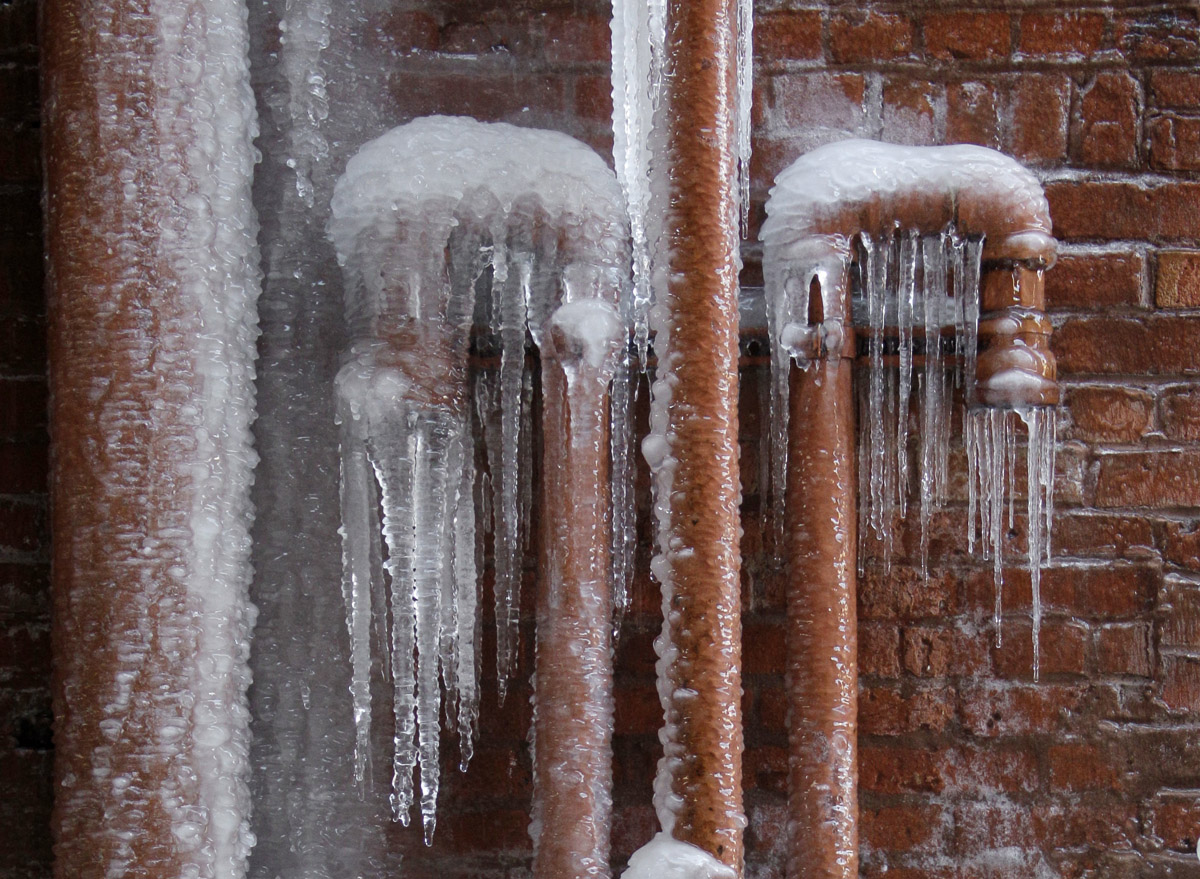
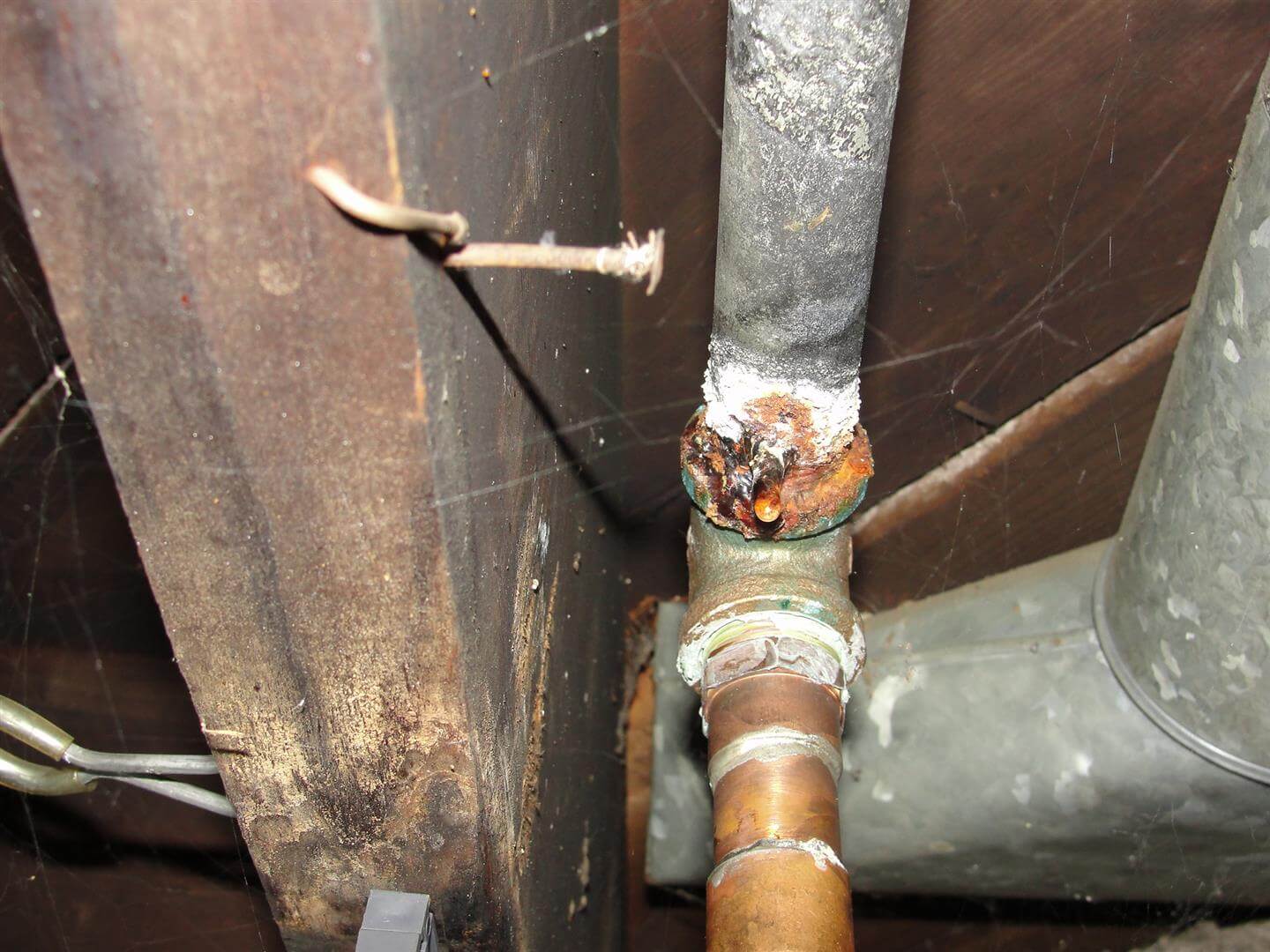


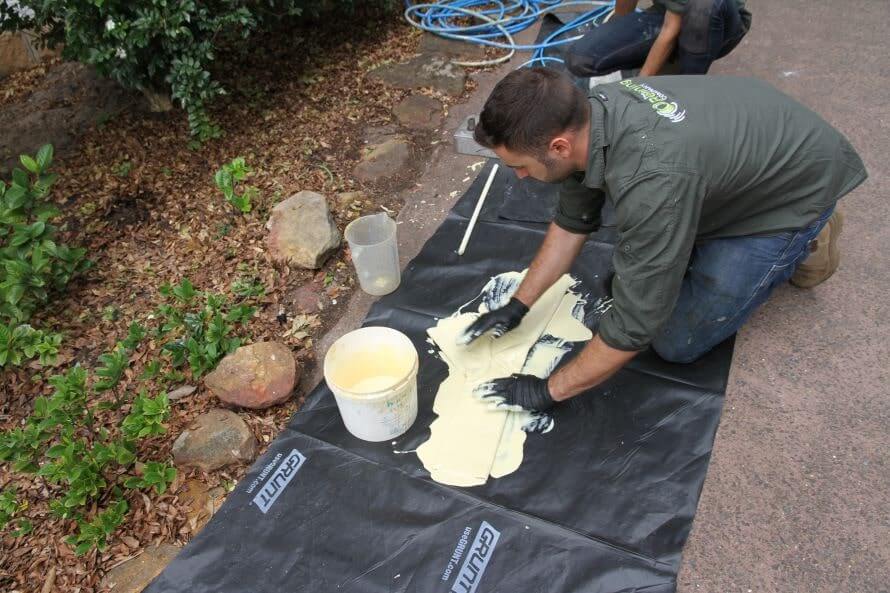
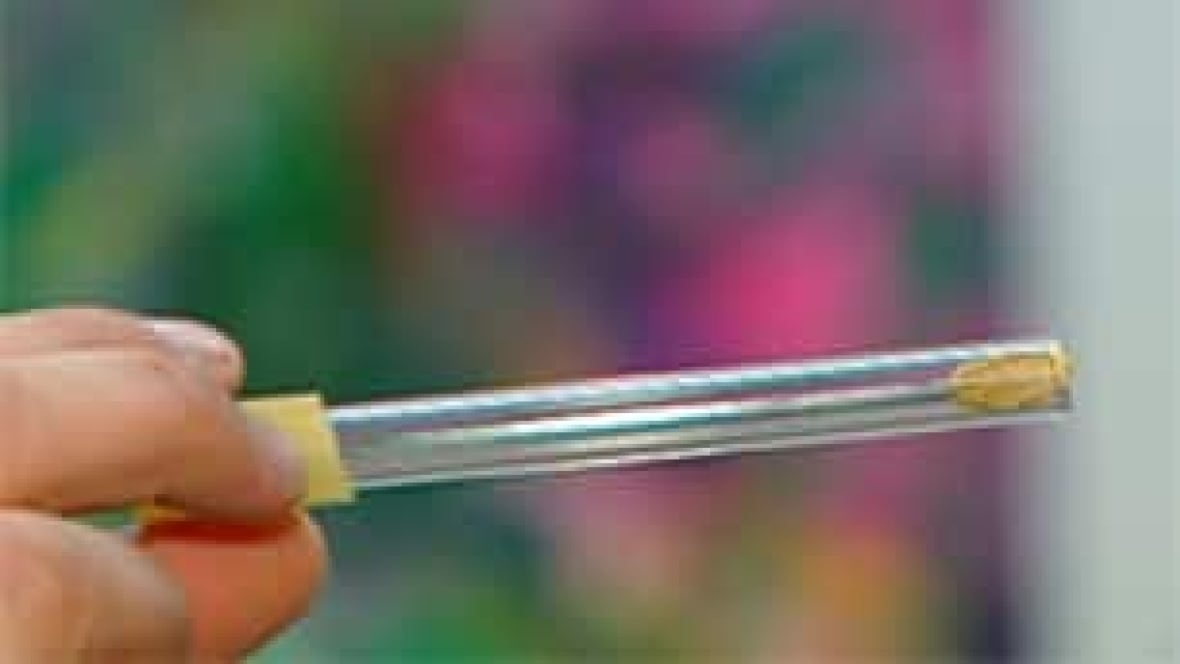














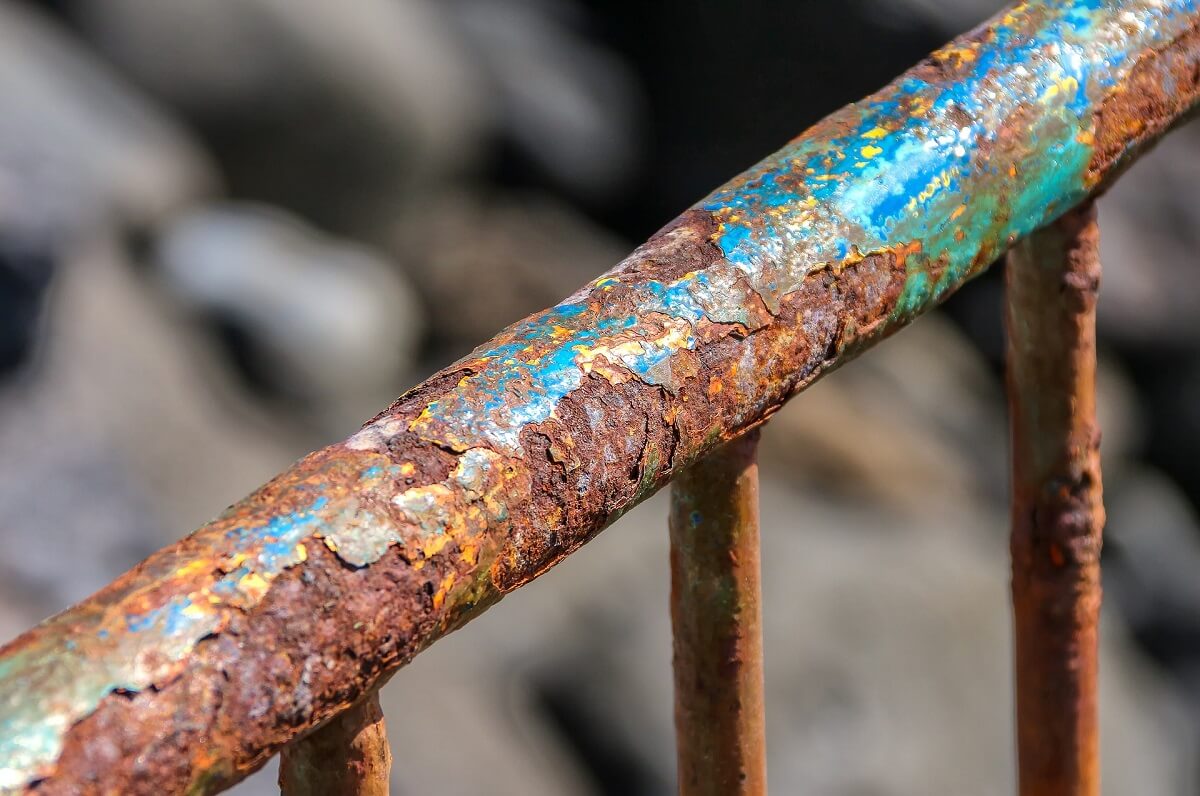

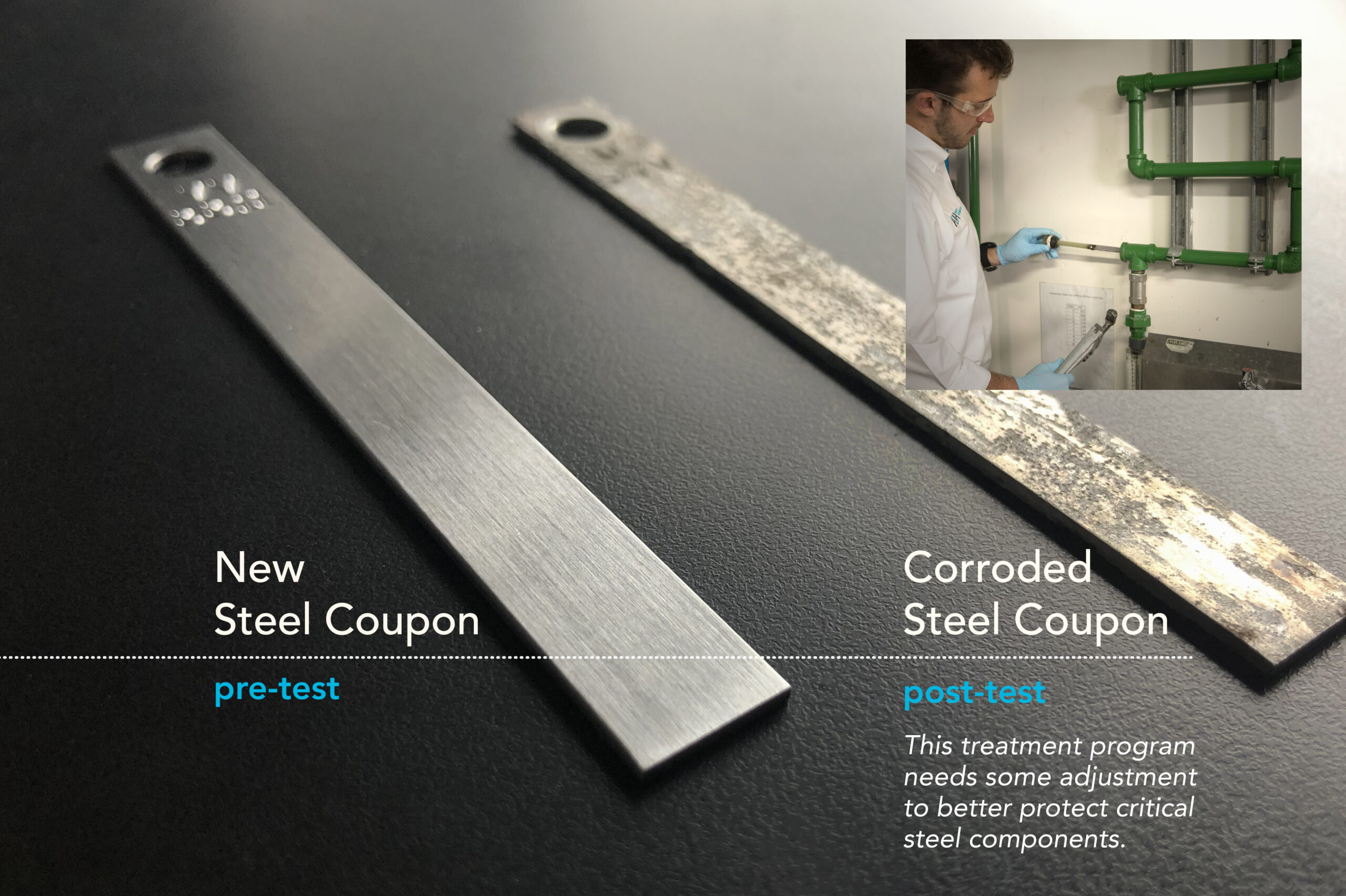



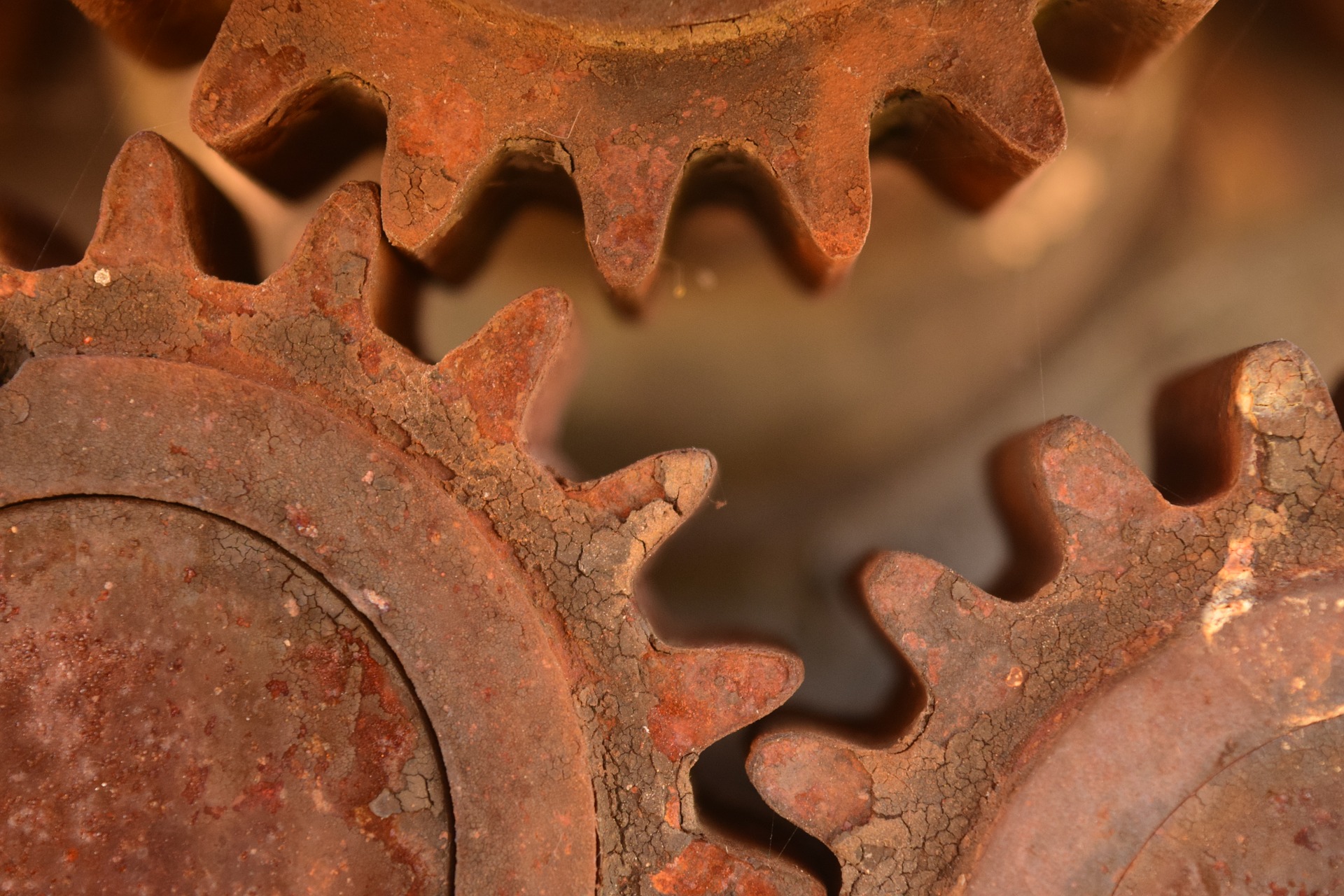




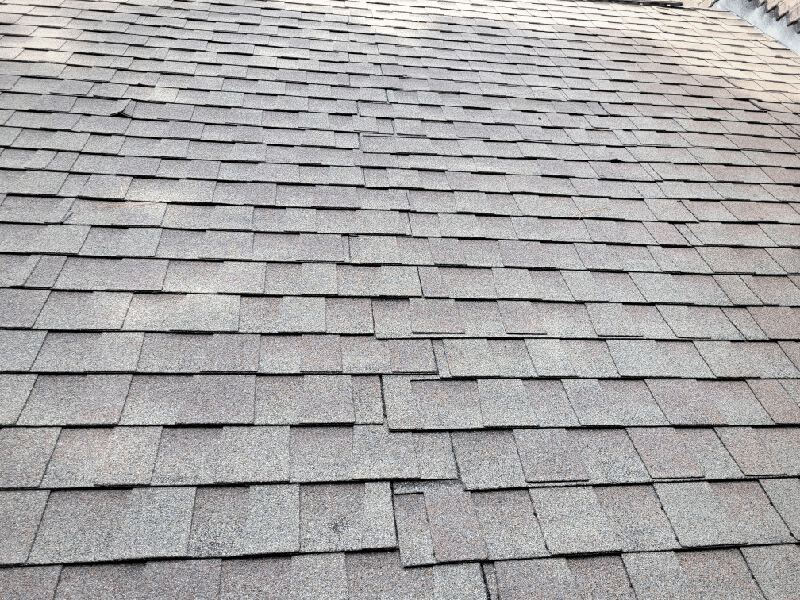
.png)


.png)







